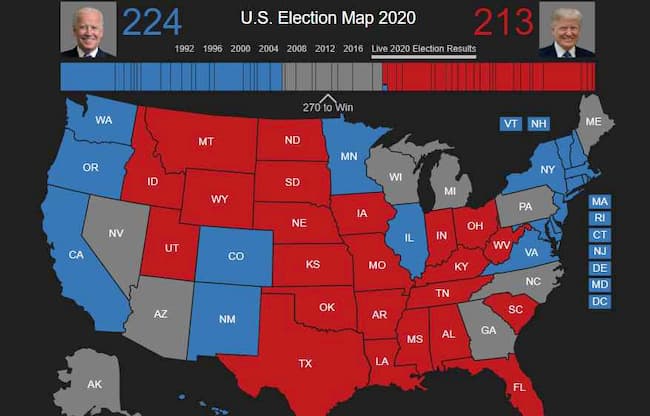
NEW YORK – The U.N. General Assembly will vote Friday to give rotating seats on the powerful 15-nation Security Council to five countries.
Albania, Brazil, Gabon, Ghana and the United Arab Emirates are all running unchallenged for two-year terms. But to succeed, each will still need to secure a two-thirds majority of the secret ballots cast. Albania is the only candidate that has never held a seat on the council.
Countries normally declare their candidacy several years in advance. But there are the occasional late entrants. This year, the Democratic Republic of Congo decided in May to challenge what would have been an assured win for Gabon and Ghana. But earlier this week, reports from the region said DRC’s president, Felix Tshisekedi, had decided to abandon his nation’s bid.
The U.N. Security Council deals with issues of international peace and security. It has the power to deploy peacekeepers to trouble spots and to sanction bad actors.
‘Pathetic’
Its actions are supposed to prevent and resolve conflicts, but in recent years, critics have said that diverging views, particularly among its permanent members — Britain, China, France, Russia and the United States — have prevented action on urgent issues.
“The Security Council’s record on recent crises has been pathetic,” Louis Charbonneau, U.N. director at Human Rights Watch, told VOA.
“Whether it involves war crimes in Gaza, massive human rights abuses in Myanmar or atrocities in Ethiopia’s Tigray region, the most you can usually expect is the occasional statement of concern — and that’s if you’re lucky,” he said.
The annual vote always draws hundreds of diplomats to the General Assembly Hall, where candidate countries hand out nationally themed treats, capping off their monthslong campaigns.
But U.N. headquarters is in the heart of New York City, which was hit hard by the COVID-19 pandemic. The city declared itself “reopened” only three weeks ago, and several health protocols remain in effect inside the U.N. complex, which means the vote is likely to be subdued.
The countries running for the Security Council will replace exiting members Estonia, Niger, Saint Vincent and the Grenadines, Tunisia and Vietnam. The new members will take up their two-year terms on January 1.
They will join the five other nonpermanent members — India, Ireland, Kenya, Mexico and Norway — and the five veto-wielding permanent members.
[content id=”52927″][content id=”79272″]






